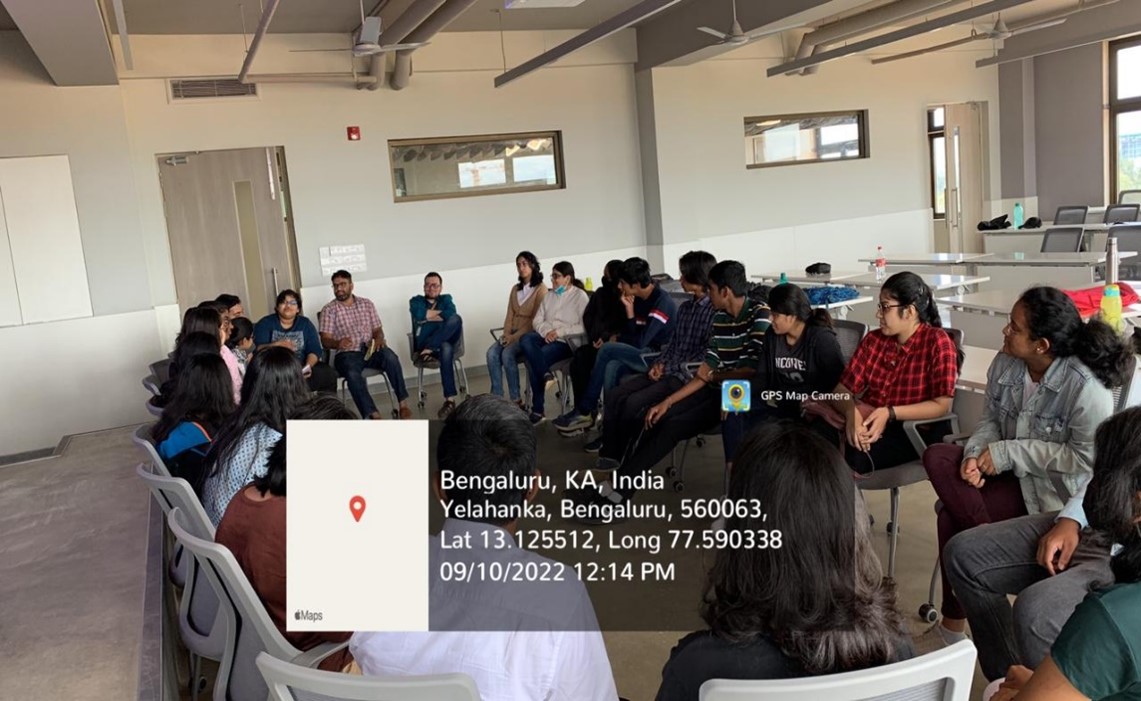Start Date: September 19, 2022
End Date: September 19, 2022
The Film Club of Department of Liberal Arts, Humanities and Social Sciences screened ‘Modern Times’ by the evergreen artist, Charlie Chaplin – was aimed at entertaining the participants while simultaneously sensitizing them to the realities of the era of the Great Depression. Through its brilliant use of satire, the silent film showed the grim life of a tramp in a way that the audience could enjoy, yet this did not diminish their ability to deliberate upon the cruelty being shown. The film embraced difficult topics such as strikes and riots, unemployment, destitution, and the tyranny of automation. On the other hand, these subjects were introduced progressively, such that the audience started off unaware of their very presence and ended up in deep contemplation.
The film held its own as the star of the event, however, the event did not end with the rolling of the credits. After a short break, all the participants organized themselves in a circle for a round of critical analysis and discussion of the movie. There was enthusiastic participation; there was no student left who hadn’t contributed. Right at the beginning, the symbolism of the starting shot of a herd of goats was brought up, setting the stage for subsequent discussion of the treatment of the working masses in a world shaped post industrialization. There was heavy emphasis by the students on the exploitation of human labour, and how the tramp, who was supposed to be a human and an assembly-line worker, gradually felt more and more like a cog in the wheels of industry. Different angles to see the movie through were explored – the power and actions of the authorities, the dehumanization of the workers, and the careless decadence of the rich. The faculty members elevated the discussion by introducing lines of thought such as the symbolism of food and the emphasis on human relations and empathy. It would not be an exaggeration to say that the group discussion transformed the experience of the film itself, from great to excellent.
When the students walked out, their previous expectation of mere laughter from watching the film, was surpassed. They left with a changed view of what comedy represents, how it can be used to initiate critical analysis and discussion, and to depict difficult topics that even a serious tone might struggle to do justice to. They reflected upon the sufferings and the injustices faced by the people during the Great Depression. Lastly, but not the least importantly, they honed their skills of analysis and articulation, speaking and listening, and learnt a greater appreciation for the art of filmmaking.




